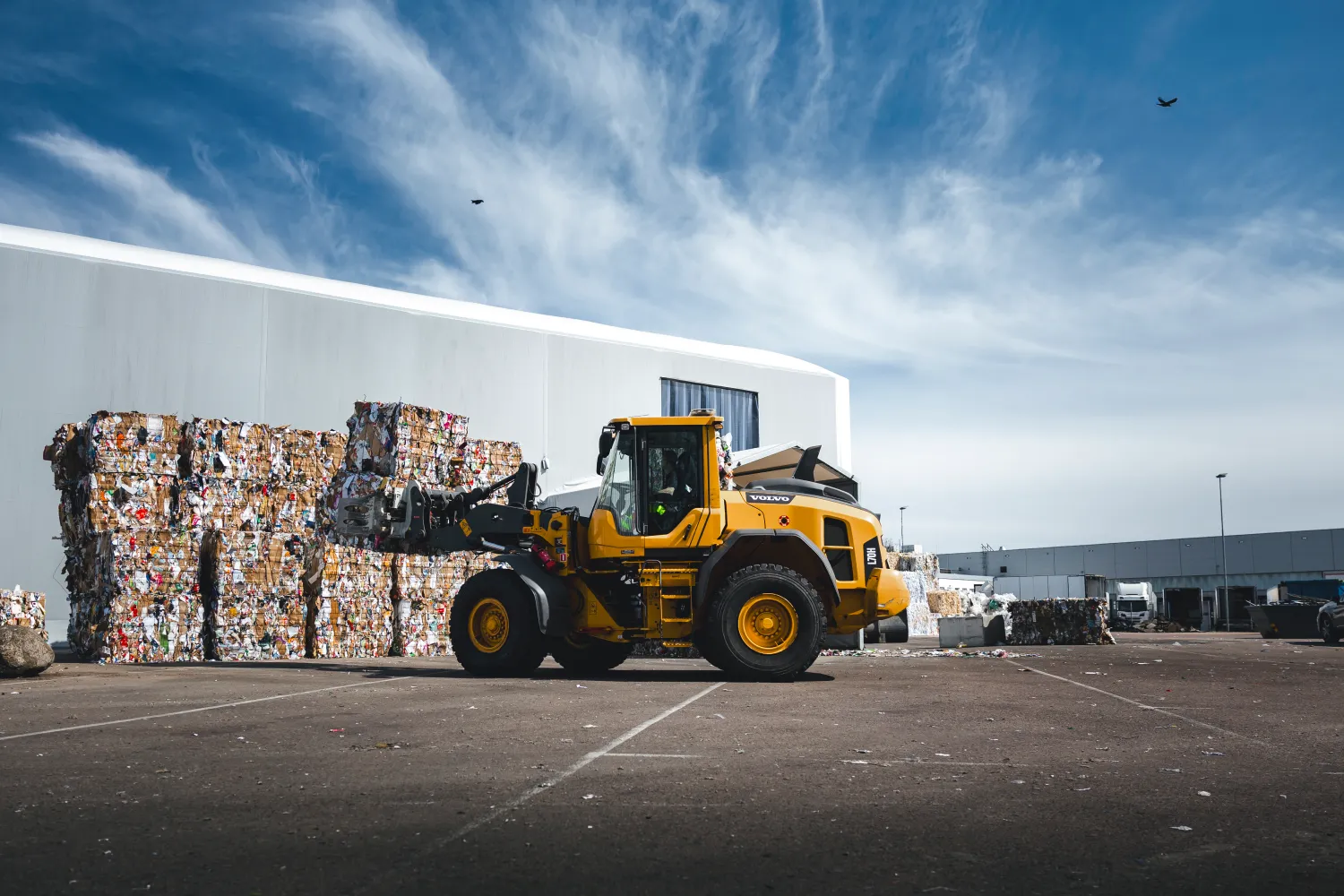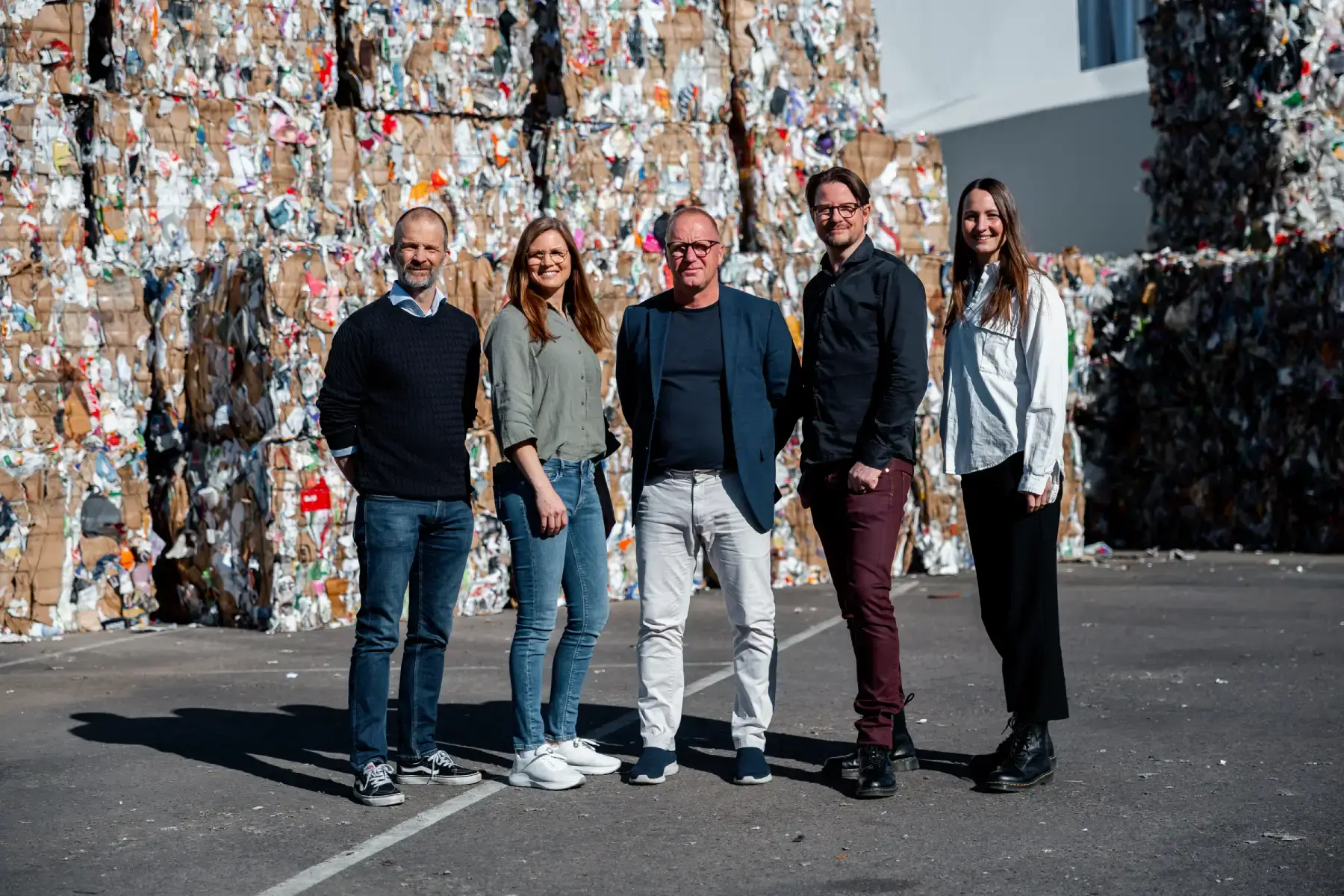The Impact of Recycling Companies on Reducing Landfill Waste
The Impact of Recycling Companies on Reducing Landfill Waste
Blog Article
Recycling has moved from becoming an environmental goodwill act to an important part of how industries operate. Businesses that integrate recycling not merely minimize spend but also increase charge performance, regulatory compliance, and their public image. Certain industries, as a result of sheer volume of spend they create, benefit the most from partnering with Recycling Company (Återvinning Företag).Here's a deeper look at some of these industries and the significant advantages they gain.
1. Manufacturing Industry
The manufacturing sector generates a great amount of spend, including materials, materials, and different by-products. Recycling organizations help manufacturers minimize organic product costs by reprocessing and returning components like metal, metal, and pockets back to the creation cycle. Reports reveal that recycling metals decreases water use and energy use, an important environmental win for the industry. As an example, using recycled metal saves as much as 95% of the power necessary to process new aluminum from organic materials.

2. Retail and E-commerce
Retail and e-commerce industries create significant levels of cardboard, pockets, and supplying materials. Recycling companies help corporations in that market to take care of appearance waste more sustainably. Cardboard recycling, as an example, somewhat decreases any risk of strain on forest assets, while plastic appearance recycling assures these resources do not clog up landfills. Merchants also enhance their manufacturer name by showcasing their sustainability initiatives in accordance with rising consumer need for eco-friendly practices.
3. Construction and Demolition
The construction industry is one of the biggest contributors to waste internationally, producing concrete, wood, metal, and glass debris. Recycling these resources curtails landfill overflows and decreases the need for non-renewable sources like sand and gravel. Recycling businesses process structure spend into reusable aggregates, significantly chopping costs in potential construction projects. The EPA estimates that recycling structure products can minimize around 50 a great deal of spend for each 100 tons generated.

4. Hospitality Industry
Lodges, restaurants, and catering businesses create immense amounts of food, glass, report, and plastic waste. Recycling organizations help the hospitality business turn natural waste like food leftovers into compost, reducing the burden on landfills while producing nutrient-rich soil for agriculture. Moreover, recycling glass and parts cuts spend disposal prices and helps community recycling initiatives.
Final Thoughts
Industries that generate big quantities of waste rely on recycling organizations to streamline operations, lower costs, and align with sustainability goals. By turning waste in to possibility, recycling businesses not only aid industries financially, but they also produce substantial contributions to protecting the environment.
Report this page